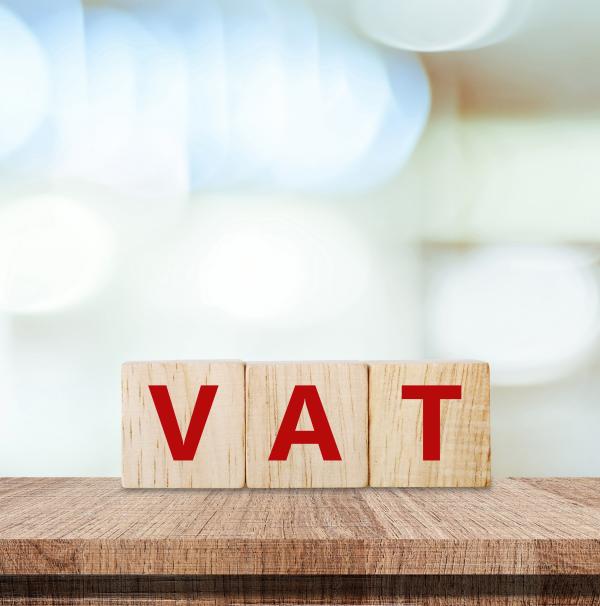
Celebrate VAT birthday by reforming “baffling” food and drink rules, urges ATT
“Baffling” VAT food and drink rules which see milkshake powders taxed differently according to their flavour should be reformed, says the Association of Taxation Technicians, as the tax celebrates its 50th anniversary on Saturday.
Chocolate flavoured powders attract zero VAT while strawberry or banana flavoured varieties are subject to the standard rate of 20 per cent. Similarly, savoury popcorn is standard rated, unless it’s microwave corn “sold for popping”, which is VAT zero-rated.
Other confusing examples within the VAT system include:
-
Millionaire’s shortcake is zero rated, but shortbread that is wholly or partly chocolate covered is standard rated.
-
Flapjacks are zero rated, but cereal and muesli bars are standard rated.
-
For soft treats such as marshmallow teacakes or snowballs, the VAT treatment depends on their shelf life and whether they “harden rapidly” when taken out of the packet.
-
Small tubs of bicarbonate of soda for baking are zero rated, but large containers sold for cleaning are standard rated.
-
A gingerbread man with chocolate trousers attracts 20 per cent VAT, while it is zero if only his eyes are made from chocolate.
Senga Prior, Chair of ATT’s Technical Steering Group, said:
“Our VAT rules on food and drink are well past their ‘best before’ date. As the tax celebrates half a century, now is the time for the Government to take a closer look at the complicated and often baffling rules which govern how VAT is charged on food and drink.
“Simplifying and rationalising these rules would reduce confusion, as well as saving both HMRC and taxpayers the time and costs often associated with arguments over VAT treatment. Bringing more food and drink items into the zero rate or a reduced rate could also provide a financial benefit to the hospitality sector and those struggling with the rising cost of feeding their families.”
VAT was introduced into the UK on April 1st 1973. In its first year it was set at 10 per cent and raised £1.5 billion. It is now set at 20 per cent and is expected to raise £156 billion this year.
The ATT has previously called on the government to carry out a review of how VAT is applied to food and drink but none has been forthcoming.
Senga Prior added:
“Many of the rules still in place today for food and drink derive from the old purchase tax regime, which was replaced with VAT when the UK joined the EU in 1973. As a result, they are often outdated and difficult to apply in the modern world.
“This has led in the past to the Tax Tribunal having to consider cases such as whether Jaffa Cakes are a cake or a biscuit1, and whether or not Pringles are crisps.2 The decisions in these cases often throw up results which sound utterly ridiculous to the average person.
“Carrying out a modern-day revamp of these archaic rules will make things easier for everyone.”
Notes for editors
-
In the 1991 case of United Biscuits (UK) Ltd (No 2) the Tribunal decided that, although Jaffa Cakes had characteristics of both cakes and biscuits, on balance they were more like cakes and therefore attracted zero VAT.
-
In Procter & Gamble UK it was claimed that Pringles were not subject to standard rated VAT as they were not ‘potato crisps’ or ‘similar products made from potato’. The manufacturers argued that Pringles were not similar to crisps due to their regularity of shape, texture etc., and that their manufacturing process was more like that of a cake or biscuit. These arguments were rejected by the Court of Appeal in 2009, who held that Pringles should be standard rated.















